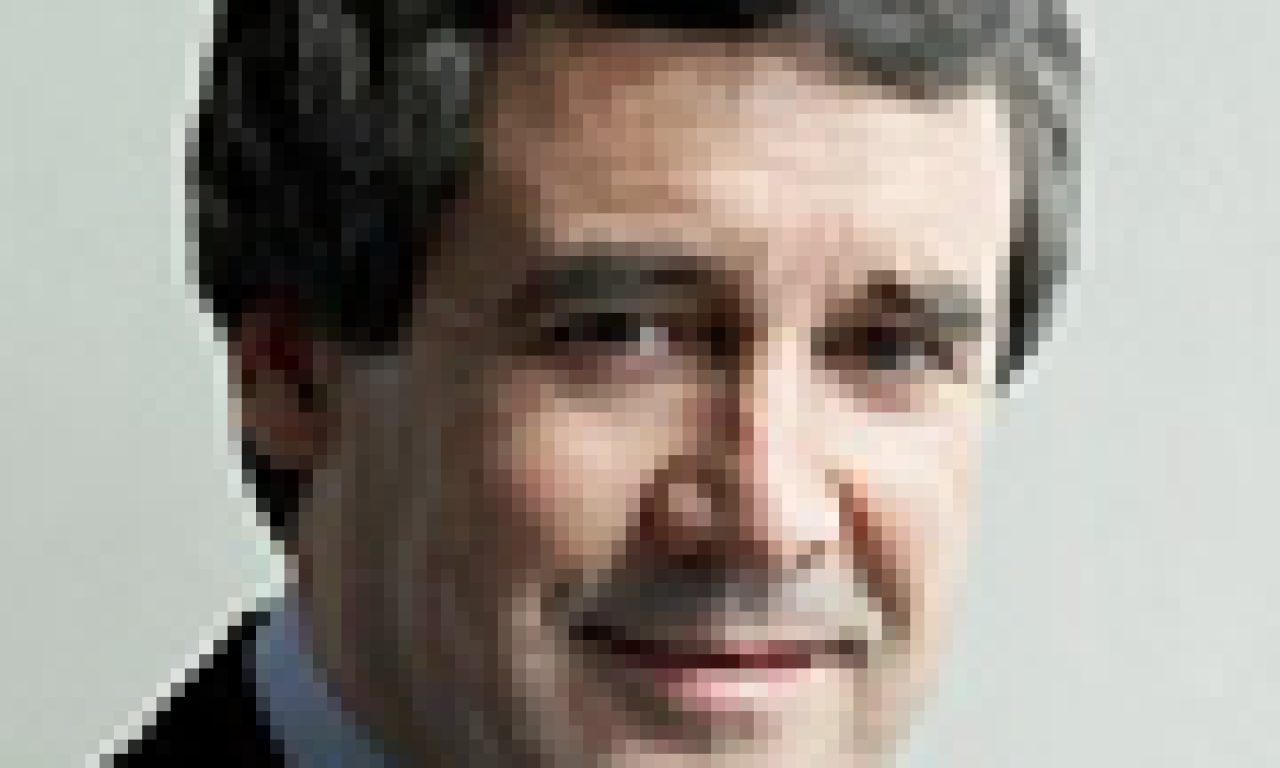Robin Bowerman
SMSFs took a more conservative stance with asset allocation last financial year, lifting their cash holdings and reducing direct shares. The number using financial advisors also declined, according to the latest survey by Vanguard Investments and researcher Investment Trends.
The survey of about 4,000 SMSF trustees and 500 financial planners, conducted every two years, noted that fewer members had left big super funds between 2013 and 2015 to set up an SMSF because of ‘poor super fund performance’. The number was down from 28,000 to 12,000.
SMSF trustees had a bearish outlook at the moment, according to Robin Bowerman, Vanguard’s head of market strategy and communications. While this was not surprising, he said, it was having an impact on the investment decisions they were making.
Total cash increased from $146 billion to $160 billion (out of total assets of about $600 billion), with what the report calls ‘excess cash’ – funds that would have been invested if not for market uncertainty – rising from 30 per cent to 35 per cent of the total cash pool.
SMSF allocations to direct shares was reduced from 44 per cent to 41 per cent but their allocations to managed funds and ETFs increased slightly, perhaps improving diversification.
Bowerman said the average number of shares in a portfolio remained at 18 and within this there was a heavy concentration – more than 50 per cent – in financials and resource stocks.
“The large portion of assets that SMSFs continue to hold in direct shares, and the increasing levels of excess cash, present a range of issues for SMSF portfolios. They may be building in more concentration risk at a time when trustees are increasingly concerned about financial markets,” he said. “However, it is positive to see investors, both advised and unadvised, increasing their diversification through vehicles like managed funds and ETFs.”
The proportion of SMSF trustees using a financial planner declined for the eighth successive year, with only 36 per cent using one in the past 12 months. But this does not reflect their need for advice, the report says, because 39 per cent said they had unmet investment advice needs. The gaps were in pension strategies, building an income stream and wealth preservation. The biggest barrier to seeking advice was lack of confidence in advisor expertise.
Michael Lovett, Vanguard head of distribution, said: “As has been shown throughout the history of this research, there is a clear opportunity for planners and advisers to service SMSF investors. SMSF investors have clearly articulated unmet advice needs, and we have strong insights into what is driving their decision making. It is incumbent on planners and advisers to demonstrate value above and beyond investment selection, and work towards developing mutually beneficial partnerships.”
Another regular report on the SMSF market is scheduled to be published today (Monday) – that of the SMSF Association, in conjunction with CoreData and NAB. It will be interesting to compare the results with the Vanguard/Investment Trends report.

